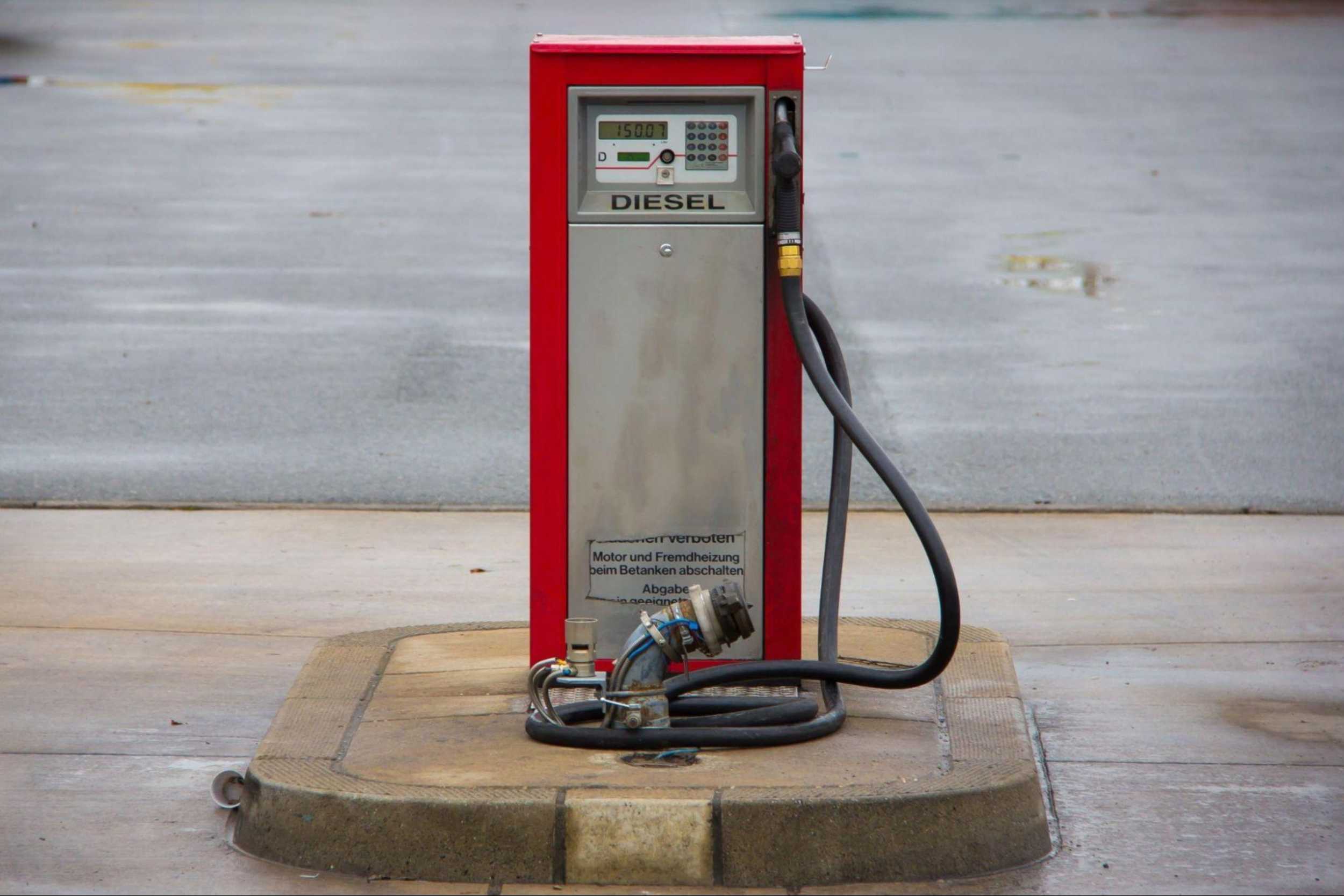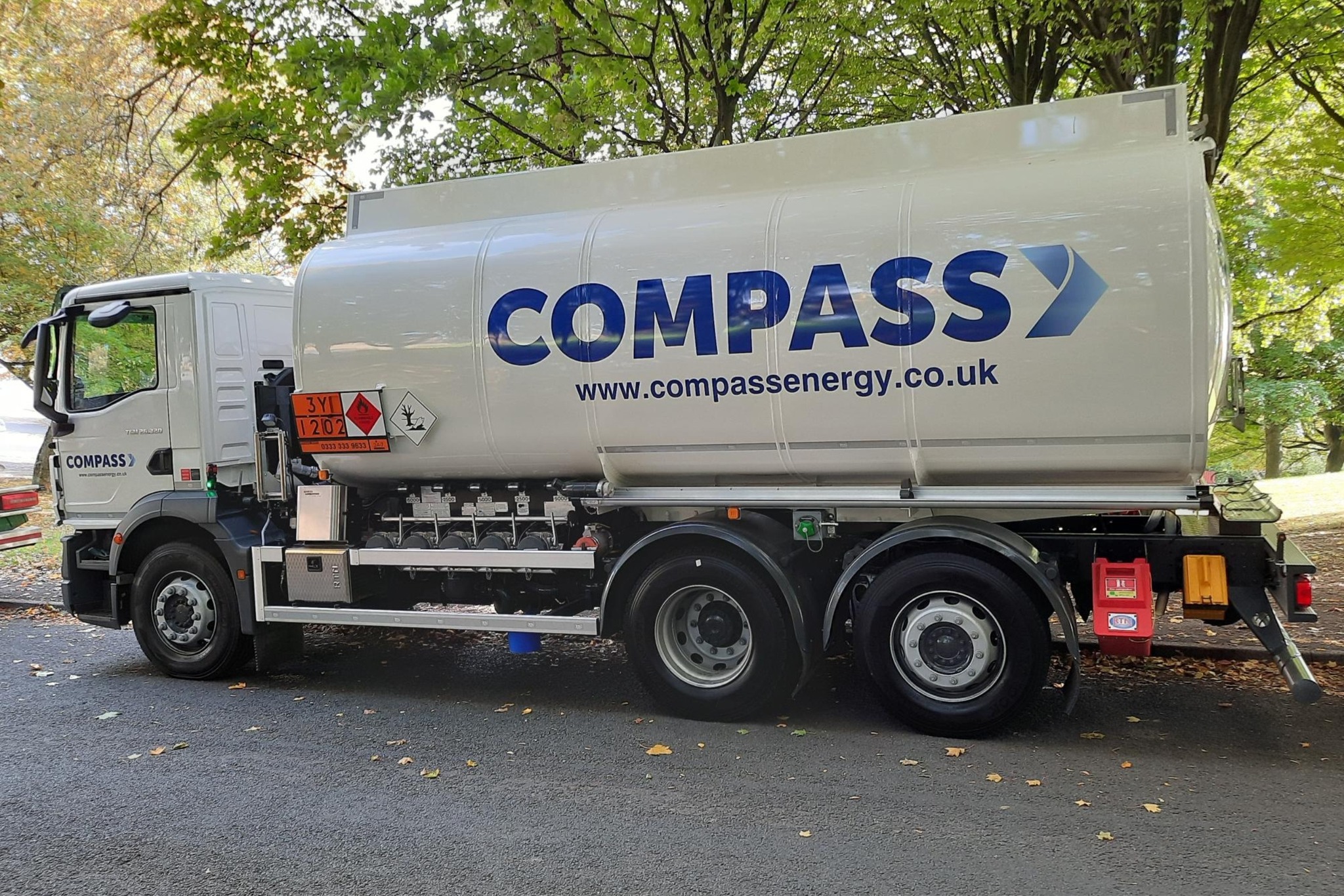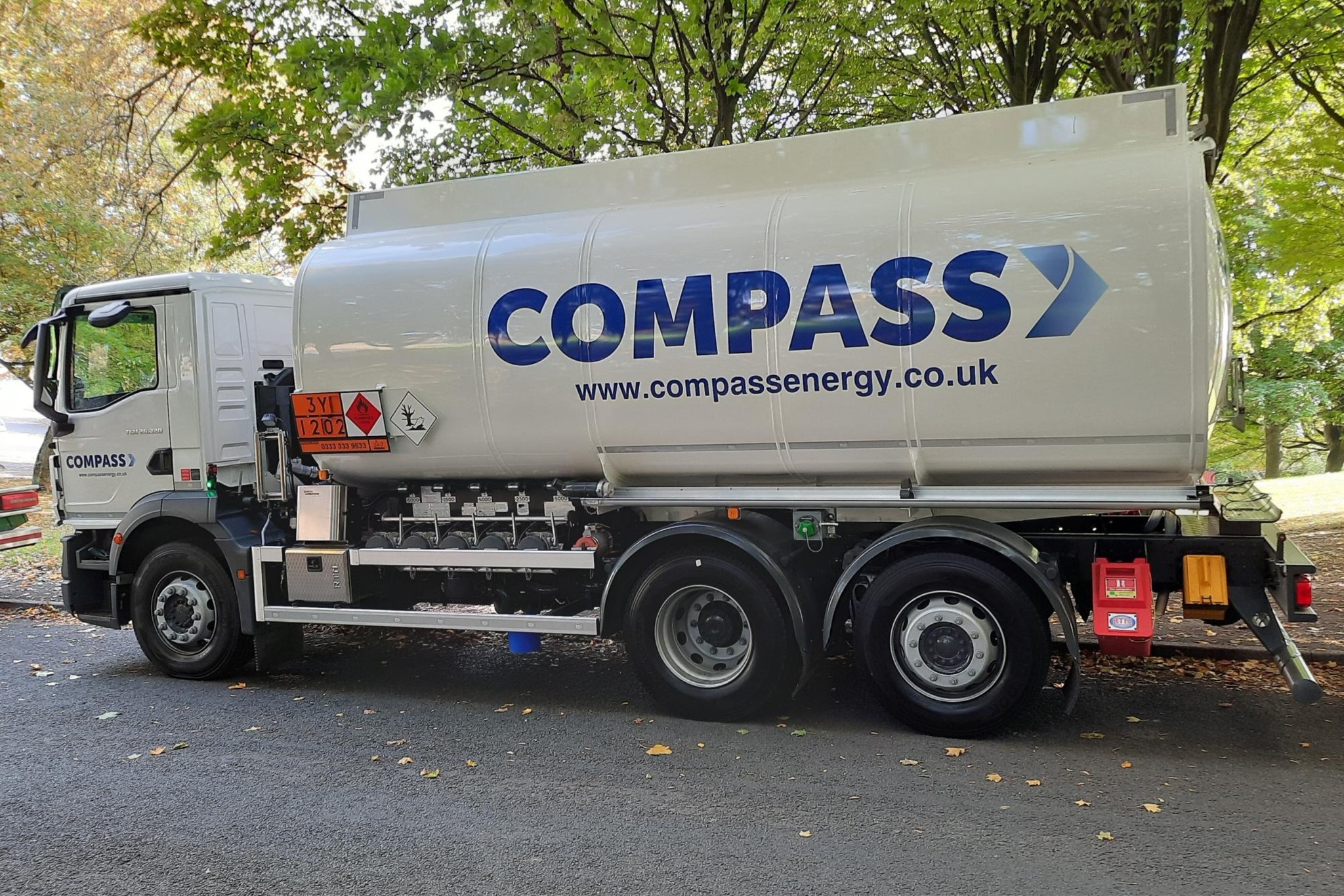UK Farming Fuel: Driving the Agricultural Engine

Farming is at the core of the UK’s rural economy, and behind every productive farm is a network of machines powered by fuel. Whether it’s tractors preparing soil, combine harvesters collecting crops, or heating systems warming livestock sheds, UK farming fuel is essential to keeping agricultural operations running smoothly. In a sector where efficiency and timing are everything, access to reliable, cost-effective, and compliant fuel solutions is vital.
Main Types of Fuel Used in UK Agriculture
The fuel needs of UK farms are diverse and depend on the size of the operation, the types of equipment used, and the time of year. The most common types of fuel used in agriculture include:
1. Red Diesel (Gas Oil)
Red diesel, also known as gas oil, is the primary fuel used in UK agriculture. It is chemically identical to white diesel but dyed red to indicate its use for off-road applications. Its lower tax rate makes it significantly cheaper, which is critical for cost-conscious farmers. Red diesel is used to power:
Tractors
Combine harvesters
Sprayers
Telehandlers
Generators and irrigation pumps
Despite recent government restrictions on red diesel use across other industries (effective from April 2022), farming remains exempt, meaning agricultural businesses can continue to use red diesel legally.
2. Kerosene (Heating Oil)
Kerosene is a popular choice for heating agricultural buildings, including livestock housing, greenhouses, and workshops. It is also used in grain drying operations. As many farms are off the gas grid, kerosene provides a practical and efficient heating solution, particularly in colder months.
3. HVO (Hydrotreated Vegetable Oil)
HVO is a renewable alternative to fossil diesel. Made from waste vegetable oils and animal fats, it offers up to 90% reduction in carbon emissions. It is biodegradable, odourless, and compatible with most modern diesel engines without modification. While still more expensive than red diesel, HVO is an increasingly attractive option for environmentally conscious farms or those looking to future-proof their operations.
Fuel Delivery and Storage
Bulk Fuel Delivery
Fuel delivery is a key service offered by agricultural suppliers. Farms typically receive bulk deliveries, ranging from 500 to over 30,000 litres, depending on demand. Leading fuel suppliers in the UK provide same-day or next-day delivery, particularly during peak farming periods such as sowing or harvest. Emergency delivery services are also available to prevent costly downtime.
On-Site Storage and Monitoring
Safe and compliant fuel storage is crucial. Farms are required by law to use bunded tanks that protect against spills and environmental contamination. Many suppliers also provide:
Remote tank monitoring
Automatic refills
Fuel management systems
These tools help farms monitor consumption, avoid wastage, and maintain operational readiness.
Compliance and Environmental Responsibility
UK farms must comply with strict Environmental Agency and HMRC regulations regarding fuel use, storage, and disposal. Red diesel must not be used for road vehicles, and misuse can result in heavy penalties.
At the same time, the push for sustainability in agriculture is gaining pace. Cleaner fuels like HVO and biodiesel are gaining traction. Many suppliers also offer fuel-efficiency advice, waste oil collection, and carbon offsetting options to help farms meet environmental targets.
Choosing the Right Fuel Supplier
The success of a farming operation often depends on the reliability of its supply chain — including its fuel supplier. When choosing a fuel provider, farmers should consider:
Delivery speed and reliability
Product quality and range
Technical support and compliance advice
Fuel storage solutions
Sustainability options and future-readiness
A trusted, knowledgeable supplier helps farmers stay compliant, fuel-efficient, and prepared for evolving industry standards.
Conclusion
UK farming fuel is more than just a product — it’s a service that powers the heart of British agriculture. Whether it’s red diesel for machinery, kerosene for heating, or HVO for a greener future, choosing the right fuel and delivery partner ensures productivity, compliance, and sustainability. As farms face the twin pressures of rising costs and environmental responsibility, the role of efficient fuel solutions has never been more critical.
Note: IndiBlogHub features both user-submitted and editorial content. We do not verify third-party contributions. Read our Disclaimer and Privacy Policyfor details.







